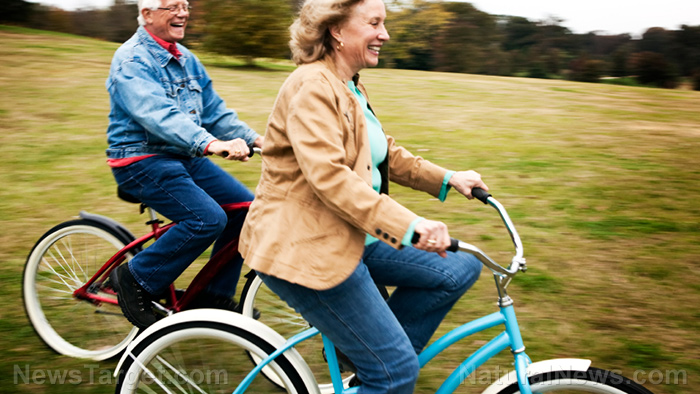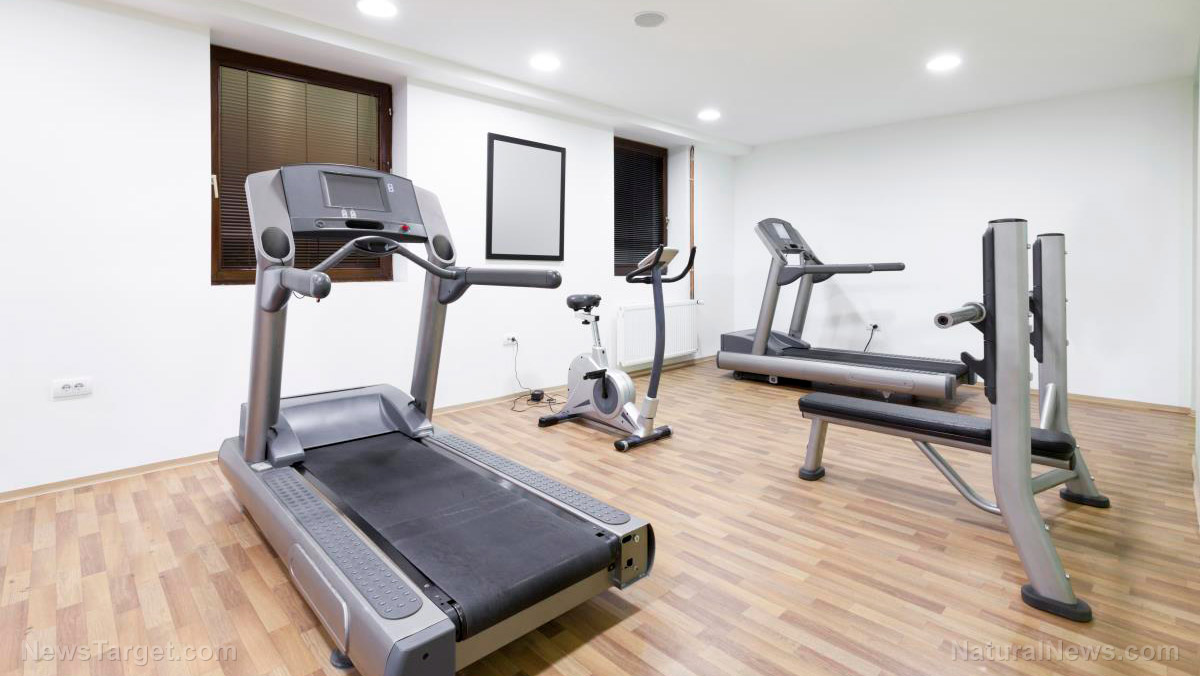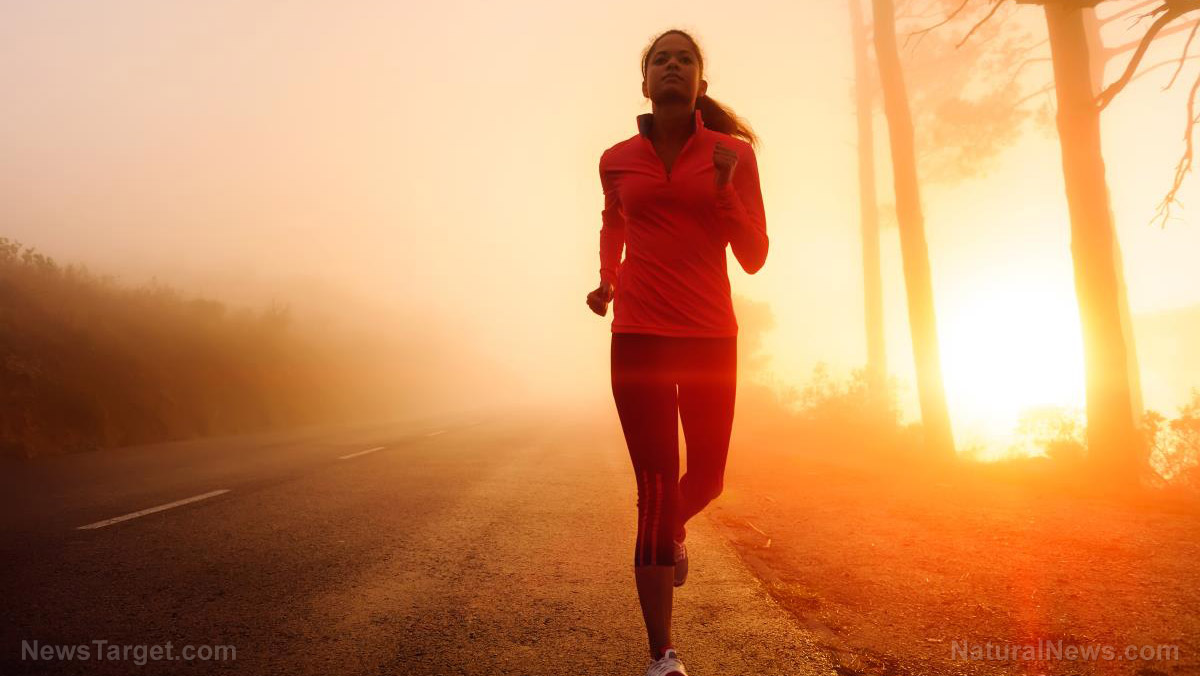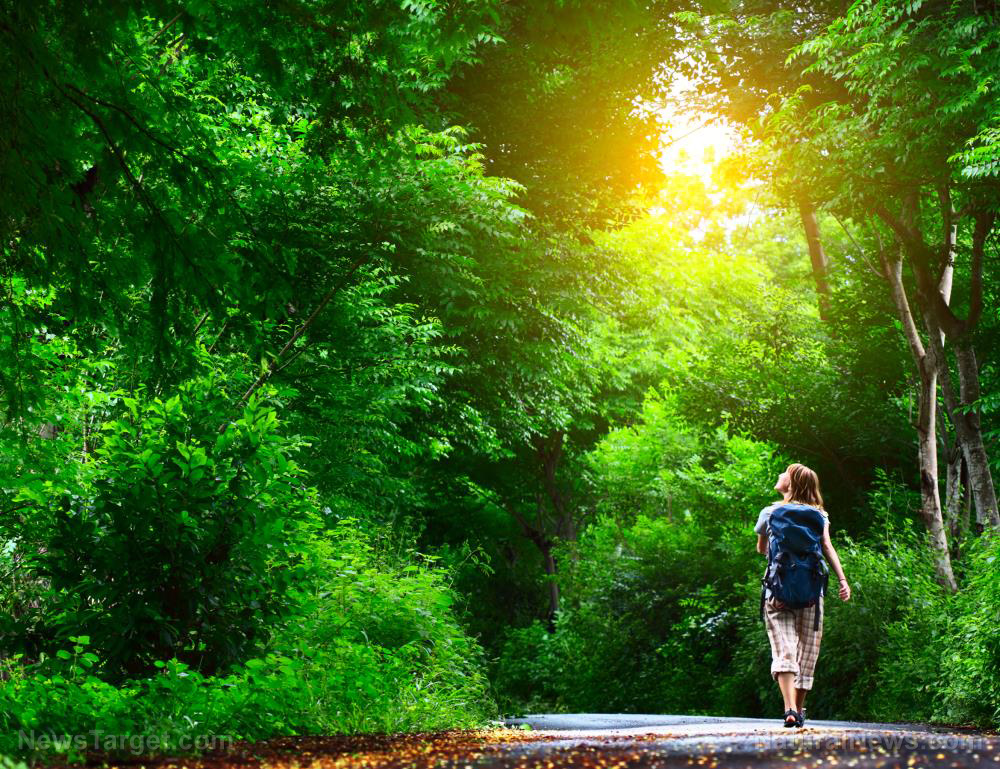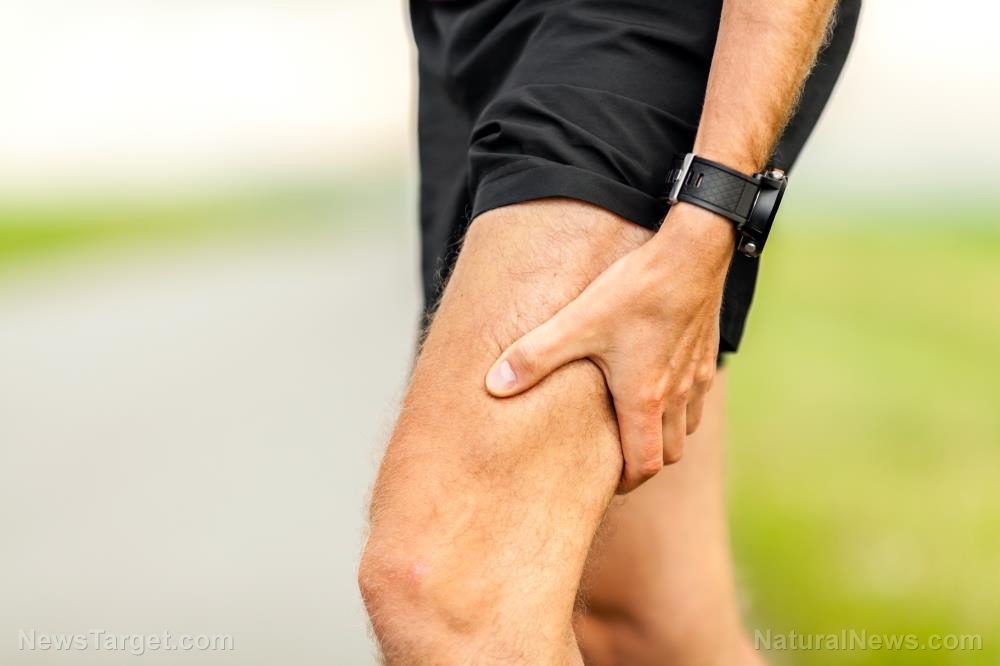Is too much sleep bad for you? Expert weighs in
11/12/2018 / By Zoey Sky

Several studies have already confirmed the dangers of sleep deprivation, but is there data on the effect of sleeping too much?
An article in the Journal of the American Heart Association, which covered a meta-analysis that involved over three million individuals, revealed that people “who slept nine hours a day died earlier than those who slept eight [hours].” Those who slept 11 hours had an increased odds ratio risk of about 50 percent.
Can you have too much sleep?
Do you need to get less than seven to eight hours of sleep every night, or is sleeping for too long a marker for a certain condition?
If you stay up late, you’ll need more sleep the next day. You’ll also need more sleep if you’re not feeling well. This points to the fact that you need sleep to recover your strength, and that “[illness] often provokes more sleep.”
People with these conditions often need more sleep than those who are otherwise healthy:
- Attention deficit disorder (ADD)
- Bipolar disorder (People rapidly shifting through moods can also sleep too little or too much.)
- Chronic pain, lupus, or rheumatoid arthritis
- Congestive heart failure
- Depression (This can make you sleep too little, too much, or both)
- Those taking sedating medications (e.g., anti-hypertensive drugs)
Narcolepsy and sleep apnea are sleep disorders that often make people oversleep. Narcolepsy is linked to symptoms like excessive sleepiness, hallucinations, and sleep paralysis. When a person has sleep apnea, airflow is diminished and synchronization between the heart and lung is disrupted. People with insomnia may suffer from “hypersomnia,” or sleeping too long.
When people are unable to sleep efficiently, they may spend more time snoozing. This means some people who only sleep for four hours if they want to sleep for eight hours may spend more time in bed as they try to catch up on their sleep. However, this strategy is usually counterproductive.
A common method used to treat insomnia is sleep restriction, which posits that “time asleep equals time in bed.” Once you get shorter but more solid sleep, you can increase your capacity by “relearning” how to sleep. Sleep restriction will also help reset an insomniac’s biological clock, especially if it’s usually disrupted by techniques they use to get more rest.
Obese people are another group that tends to sleep long. Almost 170 million American adults are overweight, and this is a crucial and often overlooked factor in oversleeping. Most kinds of inflammation make people sleep longer, and obese individuals often experience an increase in inflammatory markers in the body.
Oversleeping is usually associated with acute and chronic illnesses, along with stress caused by family, school, and work.
Why do you need to sleep?
Like food that you crave when you’re hungry, the body needs sleep when you’re sick or stressed. Sleep helps your body get stronger, especially if you’re not feeling well. (Related: BUSTED: 8 sleep myths that actually make you more tired.)
The renewal linked to sleep is informational, and it involves DNA, cellular memory, and protein. This renewal also engages the rebuilding of tissues, like your skin or the connective tissue in your muscles. For most people, body rebuilding-sleep is optimal for seven hours or so, considering your current work-life conditions.
However, there are also individuals who sleep less because it’s in their genes. Called “functional hypomanics,” they can survive on only three or four hours of sleep.
According to present clinical guidelines, the average adult needs about seven to eight hours of sleep so they can perform better and look healthier. Meanwhile, adolescents need a couple hours more so they can learn efficiently and function well.
Sleeping long is a symptom, and sleeping more than eight hours won’t kill you outright. But you must keep in mind that getting the right amount of sleep every night is necessary to maintain your physical and mental health.
You can read more articles about the importance of getting enough sleep at Health.news.
Sources include:
Submit a correction >>
Tagged Under:
chronic illness, hypersomnia, insomnia, longevity, mental health, obesity, oversleeping, physical health, sleep, sleep deprivation, sleep disorders, stress
This article may contain statements that reflect the opinion of the author
RECENT NEWS & ARTICLES
LongevityScienceNews.com is a fact-based public education website published by Longevity Science News Features, LLC.
All content copyright © 2018 by Longevity Science News Features, LLC.
Contact Us with Tips or Corrections
All trademarks, registered trademarks and servicemarks mentioned on this site are the property of their respective owners.




